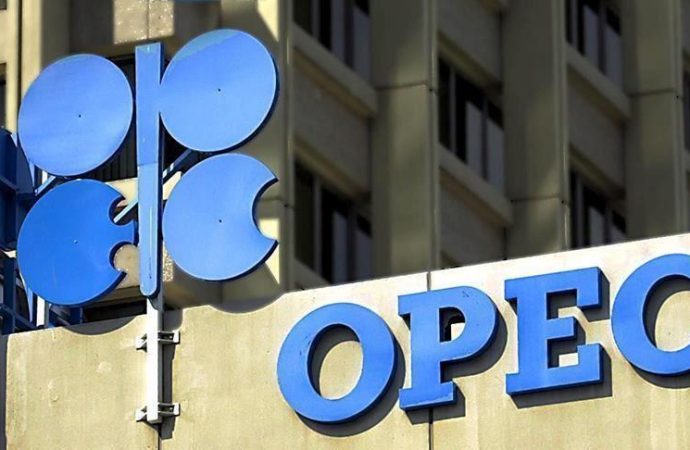Introduction: The global oil market experiences a downturn as OPEC+ takes an unexpected turn, postponing a pivotal meeting. The postponement has triggered a drop in oil prices, sending ripples through the energy sector. This article unravels the reasons behind the delay, analyzes the immediate market impacts, and considers the broader ramifications for the oil industry.
Introduction:
The global oil market experiences a downturn as OPEC+ takes an unexpected turn, postponing a pivotal meeting. The postponement has triggered a drop in oil prices, sending ripples through the energy sector. This article unravels the reasons behind the delay, analyzes the immediate market impacts, and considers the broader ramifications for the oil industry.
OPEC+ Meeting Postponement:
1. Decision Context:
Understand the context that led to the postponement of the OPEC+ meeting. Explore the factors, whether geopolitical, economic, or logistical, that influenced this unexpected change in schedule.
2. Implications for Production Strategy:
Examine how the delay in the meeting might impact OPEC+’s production strategy. Consider the potential shifts in oil output decisions and the resulting effects on global oil supply and demand dynamics.
Market Reaction:
1. Immediate Oil Price Movement:
Analyze the immediate reaction in oil prices following news of the meeting postponement. Explore how traders and markets responded to the uncertainty introduced by this unexpected development.
2. Volatility and Investor Sentiment:
Consider the volatility introduced into the oil market and the sentiments of investors. Assess how uncertainty regarding OPEC+’s decisions can influence investor confidence and market stability.
Factors Influencing the Delay:
1. Geopolitical Considerations:
Explore geopolitical factors that may have contributed to the postponement. Geopolitical tensions or negotiations between key oil-producing nations could play a significant role in such decisions.
2. Economic and Market Dynamics:
Examine economic factors and market dynamics that OPEC+ might be responding to. Changes in global economic conditions, demand forecasts, or unexpected shifts in the energy landscape could influence the group’s decision-making.
OPEC+’s Communication Strategy:
1. Transparency and Clarity:
Evaluate how OPEC+ communicates the reasons behind the meeting delay. The group’s transparency in providing information about the decision can impact market perceptions and reactions.
2. Managing Expectations:
Consider OPEC+’s approach to managing market expectations. The group’s statements and actions following the postponement play a crucial role in shaping how the industry and investors interpret the situation.

Image by: https://www. ft.com
Potential Market Scenarios:
1. Rescheduled Meeting Outcomes:
Consider potential scenarios that could unfold once the meeting is rescheduled. Assess how different outcomes might impact oil prices and the broader energy market.
2. Long-Term Implications:
Explore the long-term implications of this delay on the oil industry. Consider how it might influence investment decisions, production planning, and the overall trajectory of the global energy sector.
Conclusion:
The postponement of the OPEC+ meeting has sent shockwaves through the oil market, leading to a decline in prices and introducing uncertainty. As the energy industry awaits further developments, the reasons behind the delay and the subsequent actions of OPEC+ will continue to shape the landscape of global oil production, pricing, and market dynamics.

















Leave a Comment
Your email address will not be published. Required fields are marked with *